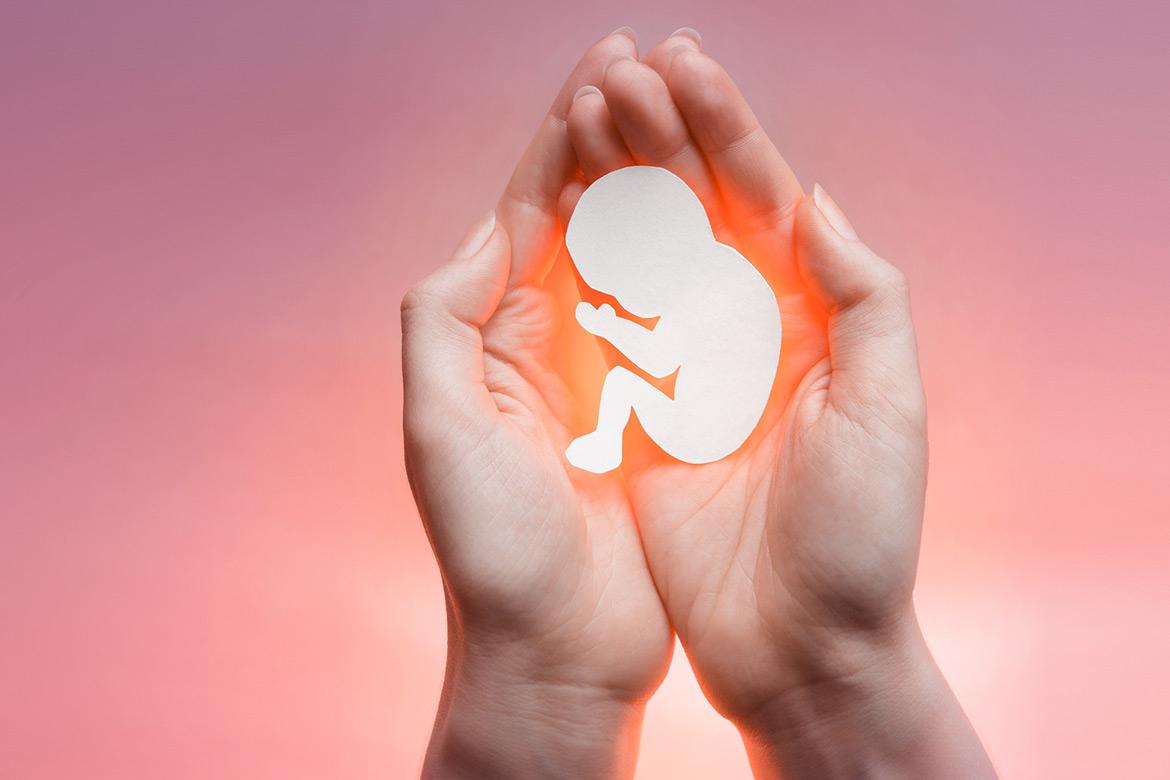Repeated Miscarriages
Repeated miscarriages, also known as recurrent pregnancy loss (RPL), is a heartbreaking experience for couples hoping to start or expand their family. Recurrent miscarriage is defined as the loss of two or more consecutive pregnancies before 20 weeks gestation. While the exact cause of recurrent miscarriage may be difficult to determine, several factors can contribute to this challenging condition.
One common cause of recurrent miscarriage is chromosomal abnormalities in the embryo. These abnormalities can occur spontaneously during fertilization or early embryonic development, leading to implantation failure or pregnancy loss. Advanced maternal age is associated with an increased risk of chromosomal abnormalities, as egg quality declines with age.
Structural abnormalities of the uterus, such as uterine septum, fibroids, or intrauterine adhesions (Asherman syndrome), can also increase the risk of recurrent miscarriage by interfering with implantation or proper development of the pregnancy. Additionally, cervical insufficiency, where the cervix is unable to support the weight of the growing fetus, can lead to miscarriage, especially in the second trimester.
Hormonal imbalances, such as thyroid disorders, polycystic ovary syndrome (PCOS), or luteal phase defects, can disrupt the delicate balance of hormones necessary to maintain a healthy pregnancy. Immune system disorders, such as antiphospholipid syndrome (APS) or systemic lupus erythematosus (SLE), can cause the body to produce antibodies that attack the developing embryo, leading to miscarriage.
Other factors that may contribute to recurrent miscarriage include lifestyle factors such as smoking, alcohol consumption, obesity, and exposure to environmental toxins or pollutants. Infections, such as cytomegalovirus (CMV), toxoplasmosis, or sexually transmitted infections (STIs), can also increase the risk of miscarriage.
Diagnosis of recurrent miscarriage typically involves a comprehensive evaluation by a healthcare provider, including a thorough medical history, physical examination, and various diagnostic tests. Blood tests may be conducted to assess hormone levels, thyroid function, and autoimmune markers. Imaging tests such as ultrasound, hysterosalpingography (HSG), or hysteroscopy may be performed to evaluate the structure of the uterus and identify any abnormalities.
Treatment for recurrent miscarriage depends on the underlying cause and may involve a combination of medical interventions, lifestyle modifications, and emotional support. In cases where a specific cause is identified, targeted treatments such as hormonal supplementation, surgery to correct uterine abnormalities, or medications to manage underlying conditions may be recommended. For couples struggling with recurrent miscarriage, seeking support from healthcare professionals, fertility specialists, and support groups can provide valuable guidance and emotional support throughout their journey.



.png)
